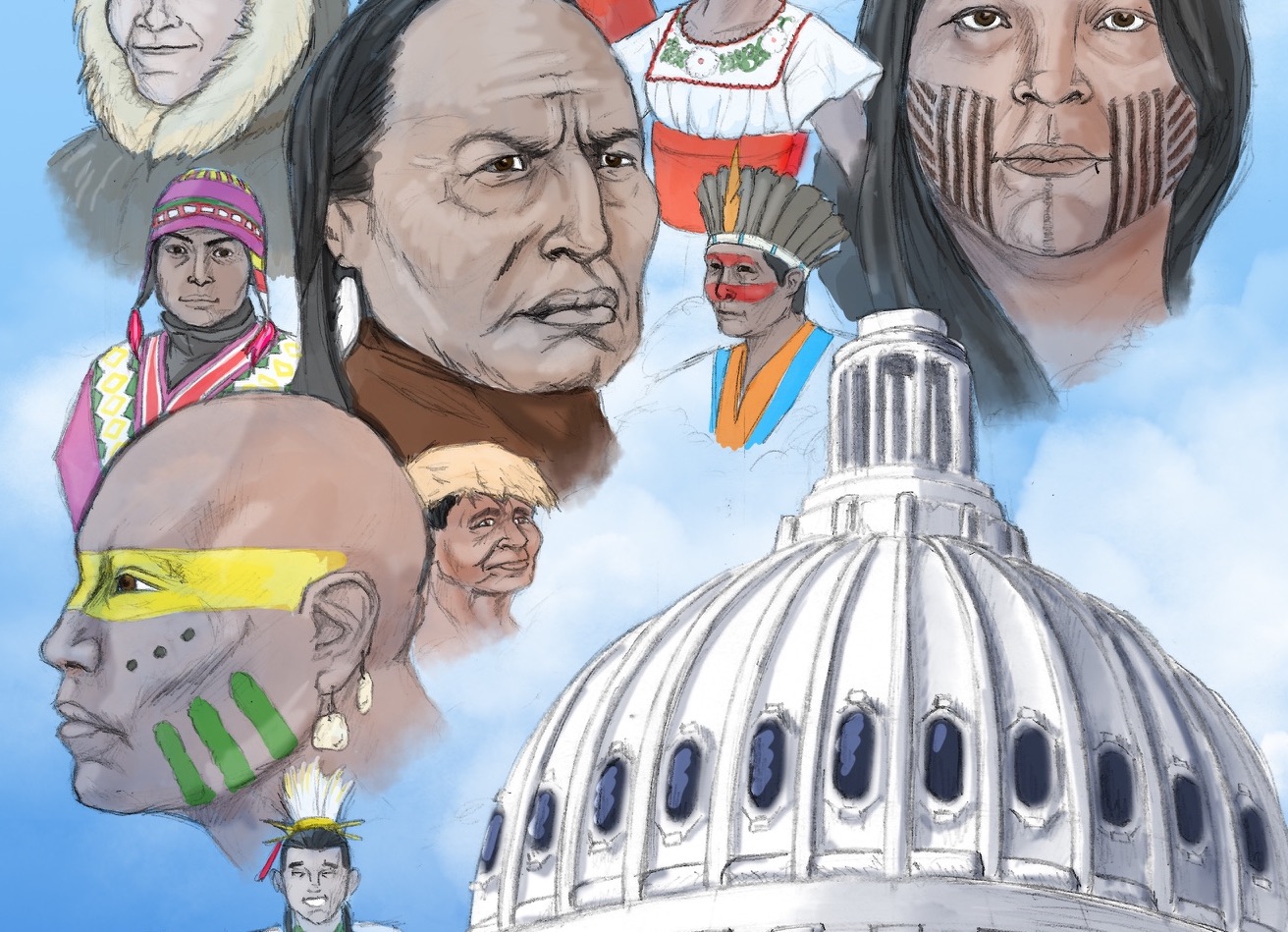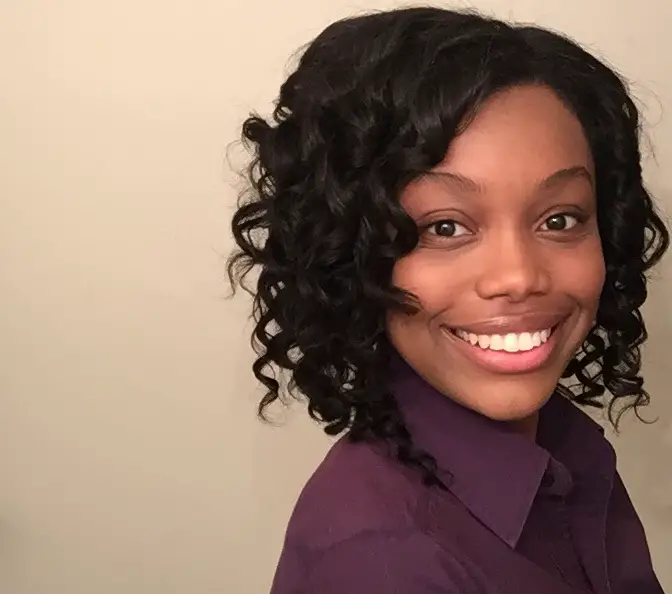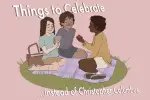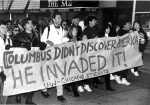For the people who choose to ignore Columbus Day’s historical context, the federal holiday can offer a reprieve from their soul-crushing nine-to-five job or at least a televised invitation to a parade in the nearest metropolis. Most millennials, on the other hand, continue to face the stark reality that Christopher Columbus was a false hero who didn’t discover America.
As a result, Columbus’ legacy has been increasingly challenged in recent years. As the memes and Jay-Z’s lyrics will tell you, the only Christopher you need to acknowledge is Wallace (i.e., The Notorious B.I.G). So, if you’re looking for an alternative to Columbus Day on Oct. 8, you can celebrate Indigenous Peoples’ Day instead, a holiday that honors the life, history and culture of Native Americans.
A Quick History Lesson
Recognizing Columbus as one of their own, Italian and Catholic communities throughout the United States organized religious ceremonies and parades dating back to the 18th century to celebrate his voyage. It wasn’t until 1937, however, that President Franklin D. Roosevelt officially declared Columbus Day a national holiday. At the time, Roosevelt faced intense pressure to commemorate the holiday from the Knights of Columbus, a powerful Catholic fraternal organization.
Despite all the hoopla, history proves Columbus wasn’t the real MVP after all. When the Spanish explorer reached Hispaniola, which he mistakenly identified as Japan, he and his 39 travel companions established Spain’s first colony in the Americas. They returned to Spain with gold, spices and Native-American captives. Who knew people were souvenirs in disguise?
The spoils of Columbus’ first voyage aroused European interest in the riches of the New World, and soon the mercantilist greed of 15th century monarchs spurred the aggressive colonization of the newly founded continents.
His voyage ultimately led to the colonization of the Americas, the transatlantic slave trade and the deaths of millions, mostly through disease. In addition to their ships and malicious intentions, European settlers brought various bacterial strains, such as smallpox and influenza, that virtually eradicated indigenous populations. Any Native Americans who weren’t killed by sickness met their demise through warfare.
Indigenous Peoples’ Day Is on the Move
Native American activists have pushed to end Columbus Day for years. The United Nations declared Aug. 9 as International Day of the World’s Indigenous Peoples in 1994, but Berkeley, California, became the first U.S. city to actually replace Columbus Day with Indigenous Peoples’ Day in 1992. The city’s decision was the result of the First Continental Conference on 500 Years of Indian Resistance in Quito, Ecuador, which led to a Northern California conference in 1990 that presented the same issues to the Berkeley City Council.
As of today, 55 cities have replaced Columbus Day with Indigenous Peoples’ Day, including Los Angeles, Denver, Phoenix, Nashville and Austin.
History Has to Look in the Mirror Too
Last October, Washington, D.C., Council Member Anita Bonds proposed the Indigenous Peoples’ Day Amendment Act. The legislation suggested Indigenous Peoples’ Day replace Columbus Day as a federal holiday, a bold move considering the commemoration’s ties to Italian-American heritage. Nonetheless, Bonds stood by her assertion that the Columbus story is “woefully incomplete” and “fails to acknowledge the brutality to which the indigenous people were subjected by European explorers.”
A nationwide poll conducted by Marist College and the Knights of Columbus revealed 57 percent of Americans approve of Columbus Day celebrations, and 76 percent believe Columbus and other historical figures should be judged according to the moral standards of their time periods.
However, history is not a fictitious hypothetical, and it should by no means be considered passively or with a suspended civic conscience. The narratives a society tells itself about its origins play a part in dictating its social, political and economic decisions. If people don’t question the character of their predecessors and apply modern values and ethics systems in these assessments, they risk rising to no higher moral ground than their ancestors.
Community Voices
Although many people might not have Native-American ancestry, that doesn’t mean they are excluded from Indigenous Peoples’ Day festivities. Taking the time to understand and respect other cultures leads to a greater sense of perspective, a quality integral to maintaining healthy, diverse communities and democracies.
Kayla Bointy and Sean Parrish, two students from Haskell Indian Nations University in Kansas, have two drastically different views toward Indigenous Peoples’ Day. Bointy, a 22-year-old member of the Kiowa, Comanche and Omaha Tribes, feels fortunate to attend a university that celebrates different aspects of students’ tribal cultures on a daily basis. “If there is an Indigenous Day event, I participate proudly,” she says. “I enjoy taking part by dancing traditionally as well as intertribal Pow Wows. Celebrating Indigenous Peoples’ Day by dancing and singing is important to me because up until my great-grandparents’ generation, it was outlawed. Now we can sing, dance and speak freely; carrying on and sharing our traditions is paramount.”
Parrish, a member of the Navajo Nation who is also 22 years old, doesn’t assign the same importance to Indigenous Peoples’ Day, despite the holiday’s “good intentions.” “We don’t need to have a designated day to celebrate what we, Natives, live every day,” he says.
Tony Brave, a 38-year-old member of the Rosebud Sioux Tribe, offers a more in-depth perspective. He celebrated Indigenous Peoples’ Day for the first time in Olympia, Washington. “Speakers, singers and many from around the community came together in celebration of Indigenous peoples. As a Tribal member, it warmed my heart to see such great work being done in my area,” he says.
“These days, Americans are getting better educated on the facts around Columbus, and many seem to have little interest in seeing Columbus Day continue. Why not turn it into a day of celebration and awareness for the peoples whose land you live your lives upon, yet to this day must struggle for their cultural and political sovereignty?”
Change Is Possible
The spread of Indigenous Peoples’ Day is proof that social customs and traditions aren’t immutable.
For a society to evolve, its citizenry must challenge the ideals that have been accepted as truth. Atrocities can’t be erased, and history can’t be rewritten, but the next chapter can acknowledge the injustices that have deprived others of their life, liberty and pursuit of happiness. Change is an product of awareness.











